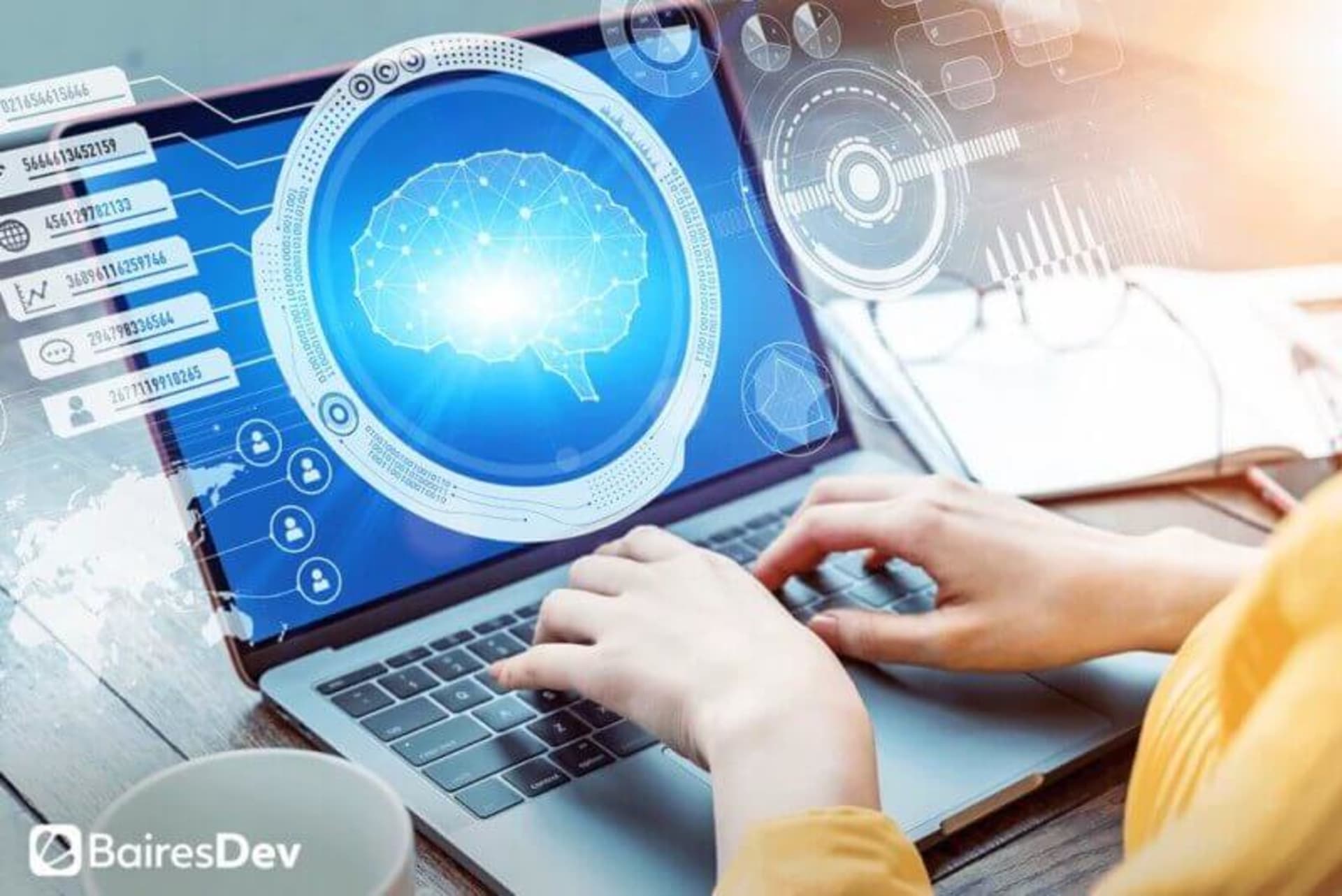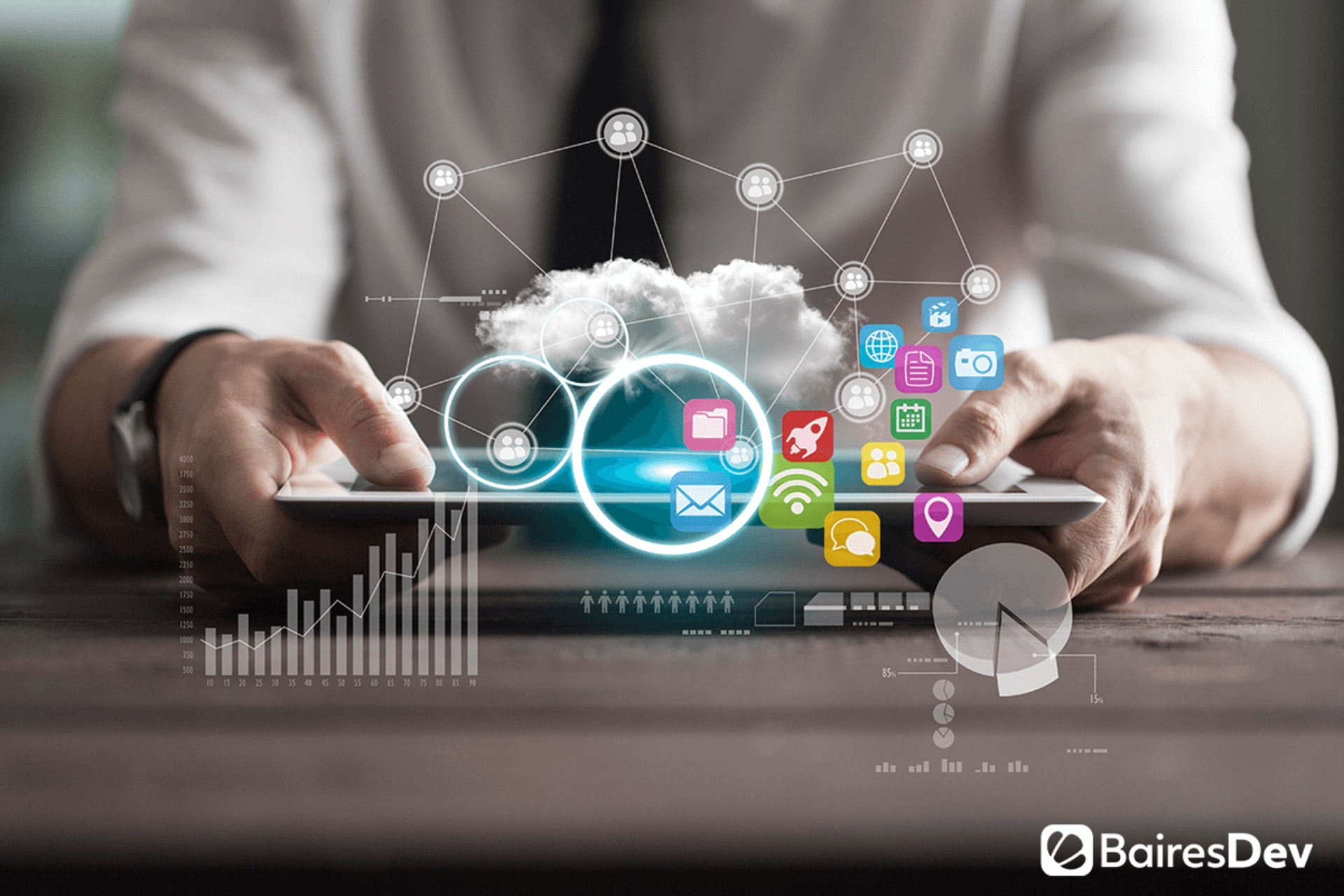This is part 4 of our Talent series. We focus on this essential resource for all modern businesses and look at the concept from various perspectives. The goal? To better understand talent and how it affects the workplace, how we can foster it, and how we can make the most out of it.
Click the links to read Part 1, Part 2, and Part 3 of the Talent Series
A lot has been said and written about artificial intelligence (AI) as the technology that will forever change our lives. The narratives surrounding it go from the highly optimistic (where AI ushers in a new renaissance era) to the extremely pessimistic (a Matrix-style future). Without going to the extremes, let’s dive a little deeper into how talent itself sees AI and what it can do for it.
Why? Well, mainly because there’s an increasing concern that AI will have a significant impact on the workforce. In general, people expect the integration of AI in the workplace to come at the expense of human jobs. That feeling drives a certain level of anxiety in many workers that see AI as a threat that could take over their careers. Lack of confidence in AI is one of the three major factors blocking its widespread implementation (along with company culture and complexity).
While all that is up for debate (reluctance to adopt new technologies isn’t a new thing), it’s better to go past those dire predictions that haven’t come to a realization. Instead, it’s better to focus on the right things AI can bring to the table and how it can positively impact talent.
AI as a Boost
The idea that AI will come and replace all human workers is overly simplistic. Though it’s a (somewhat distant) possibility, AI, as it stands today, can’t be seen like that, mainly because it doesn’t have the sophistication needed to replace a lot of jobs. According to a recent McKinsey report, nearly half of +2000 work activities in +800 occupations could be automated. Sounds scary? It isn’t, as those are activities, not entire occupations. In fact, the same report found out that only 5% of occupations could be fully automated.
The more automatable activities include “physical activities in highly predictable and structured environments, as well as data collection and data processing.” On the other side of the spectrum, management, consulting, and interfacing with stakeholders appear the least automated tasks. Following that, the report also states that there’s 30% of activities in 60% of all analyzed occupations that could be automated.
In the light of those findings, it’s easy to see that the coming of AI to the workplace isn’t precisely a threat to human workers. It’s highly likely that we’ll continue with the current trend where we use AI in specific parts of our workflows while the rest is taken care of by the human workforce. In other words, humans will likely work alongside AI.
All that builds up to our first conclusion – AI can be a platform, a stepping stone on which people stand on to boost their capabilities. We can safely assume that AI would take care of rote tasks, leaving employees enough time to focus on more “human-like” functions like planning, strategizing, and creating. In other words, such a shift would mean a step forward for “the human workforce” as people would be relieved of stressful and monotonous tasks and be free to hone other kinds of talents.
Talent and Companies, Hand in Hand
The possibility of AI as a boost isn’t a magical result of tech implementation. Businesses can’t expect to integrate AI in their workflows and automatically see the increase to their in-house talent. The best AI results come from a strategic approach towards that implementation. This implies that companies need to create a plan where talent isn’t left alone to their own devices to work alongside AI.
What does that translate into? Since many tasks within the companies will be automated through AI, those businesses need to create a sound strategy that accompanies the talent towards its path to the next level. This can be done through reskilling and upskilling programs we already mentioned in this series before. Through training programs for the workforce, companies can achieve the talent agility needed to face most modern business challenges.
Companies can tackle those reskilling and upskilling programs to refine their in-house talent abilities, which will help them in the integration of AI and beyond. Those programs are necessary to create an expertise-driven workforce capable of providing the increased value the “AI as a stepping stone” approach promises. With automation technology taking care of most of the repetitive work, reskilled and upskilled talent would be able to seize better the opportunities provided by that extra free time.
For instance, a Java development company can implement AI to write and review code, identify bugs, conduct tests, and even optimize the whole project. This would certainly free up a considerable amount of time for those Java developers to tackle more projects or focus on more complex tasks that only they could do.
AI doesn’t just boost companies in that capacity. It can also serve companies by helping during hiring instances, ensuring a perfect match between talent and jobs. In fact, that’s the premise we use at BairesDev with our AI-driven hiring system, which allows us to match the best candidates from our talent pool with the specific needs of the clients that hire our IT staffing services. The platform uses sophisticated algorithms to assess our clients’ requirements and analyze our applicants’ skills and traits to drive a perfect match.
That assisted hiring process is a vast improvement for everyone involved. Our clients are happier with the professionals we provide them, and our collaborators show higher morale working in projects that suit them perfectly. As we already discussed in this series, morale boost is essential for talent performance and retention, so this means another considerable benefit of using AI.
In a related note, AI can also help to boost employee engagement in the workplace. Through tools like natural language processing (NLP), biometrics, and machine learning, companies can better understand their talent’s mood and morale. How? By analyzing the employees’ different interactions and detecting telling signs of an irritated, stressed, or happy group. Thus, it can provide real-time insights about that engagement, offer suggestions for improvement, and even recommend rewards for highly-engaged employees.
Naturally, that use for AI to boost talent engagement depends on each particular company’s policies. Some businesses might render that use pointless, but companies with enough talent agility will see the inherent value of using AI. All this comes to show that AI can only boost talent in companies that understand the symbiotic relationship between all the actors.
More Than a Powerful Tool
Many businesses still see AI as a powerful (and rather expensive) tool that is to be analyzed by its potential ROI. Unfortunately, those companies don’t take into account the talent in their equations and how AI can boost it to achieve new levels of engagement and productivity. This is a shame, as AI can become the necessary foundation to build a more modern and flexible company that can better tackle the challenges to come.
In that sense, AI is more than a powerful tool – it’s a powerful agent for change that can reshape the in-house talent and better prepare it for the future. That’s no minor feat, but there’s a caveat to achieve it – it needs businesses to redefine their talent-related strategies and contemplate reskilling and upskilling programs for a more harmonic implementation. Anyone that complies with that requirement will surely see how AI can boost in-house talent.
If you enjoyed this, be sure to check out our other AI articles.







